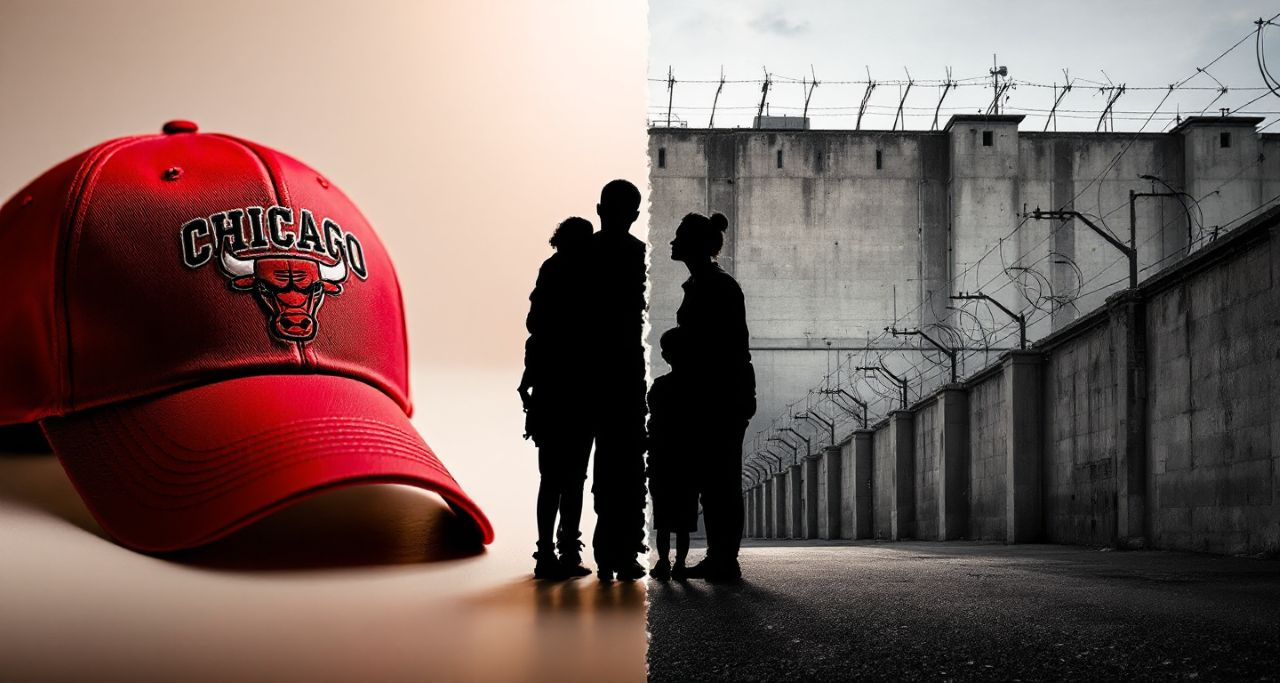
In a stunning display of diplomatic defiance, El Salvador’s President Nayib Bukele declared Monday that he will not return Kilmar Abrego Garcia to the United States.
This is despite the Supreme Court’s order that the Trump administration “facilitate” the Maryland man’s return after what the Justice Department itself called an “administrative error.”
“How can I return him to the United States? Like if I smuggle him into the United States?” Bukele said during a White House meeting with President Donald Trump. “Of course I’m not going to do it. The question is preposterous. We’re not very fond of releasing terrorists.”
This extraordinary statement comes after weeks of legal battles over Abrego Garcia’s fate, revealing troubling questions about due process, international agreements, and the human cost of aggressive deportation policies.
A Life Upended by a Baseball Cap
The case of Kilmar Abrego Garcia reads like a Kafka-esque nightmare. A 29-year-old father of three who fled gang violence in El Salvador as a teenager, Abrego Garcia had been living legally in Maryland since 2011. He worked in construction, married a U.S. citizen, and was raising three children with disabilities.
In 2019, he was arrested outside a Home Depot while looking for work. The evidence against him? A Chicago Bulls hat, a hoodie, and an uncorroborated claim from a confidential informant that he belonged to MS-13’s “Western” clique in New York—a place he had never lived.
Despite these flimsy allegations, an immigration judge granted Abrego Garcia protection from deportation to El Salvador in October 2019, finding he had a “well-founded fear” of persecution if returned. The Department of Homeland Security never appealed this decision and even issued him work permits annually.
For nearly six years, Abrego Garcia lived peacefully in Maryland, working as a sheet metal apprentice and caring for his family, including a 5-year-old son with autism who is deaf in one ear.
The “Administrative Error”
On March 12, 2025, everything changed. ICE agents pulled over Abrego Garcia outside an IKEA in Baltimore while his autistic son was in the backseat. Despite his protected status, he was deported to El Salvador on March 15 and imprisoned in the notorious Terrorism Confinement Center (CECOT).
The Justice Department initially admitted this deportation was an “administrative error,” acknowledging in court filings that Abrego Garcia was subject to a withholding order forbidding his removal to El Salvador. The Supreme Court affirmed this, calling his removal “illegal” and ordering the administration to “facilitate” his return.
But in Monday’s Oval Office meeting, the narrative shifted dramatically. Secretary of State Marco Rubio claimed “the foreign policy of the United States is conducted by the president of the United States, not by a court,” while Attorney General Pam Bondi suggested the U.S. had fulfilled its obligation merely by offering transportation: “If they want to return him, we would facilitate it, meaning provide a plane.”
A Dangerous Precedent
What makes this case particularly alarming is how quickly the administration pivoted from acknowledging a mistake to doubling down on unsubstantiated gang allegations. White House adviser Stephen Miller told Fox News Monday morning that Garcia was “not mistakenly sent to El Salvador” but rather “the right person sent to the right place”—directly contradicting the Justice Department’s own court filings.
Federal Judge Paula Xinis, who ordered Abrego Garcia’s return, noted he has no criminal record in either the U.S. or El Salvador. She dismissed the gang membership allegations as “just chatter,” pointing out that “in a court of law, when someone is accused of membership in such a violent and predatory organization, it comes in form of indictment or criminal proceeding so we can assess facts.”
The judge further observed that the “evidence” against Abrego Garcia consisted of “nothing more than his Chicago Bulls hat and hoodie, and a vague, uncorroborated allegation from a confidential informant.”
International Implications
The case has now evolved into a diplomatic standoff. The Trump administration struck a $6 million deal with El Salvador to imprison deportees it claims are members of gangs it has designated as foreign terrorist organizations. This arrangement raises serious questions about outsourcing detention to countries with troubling human rights records.
President Trump, sitting beside Bukele, said he wants the Salvadoran leader to take in “as many [criminals] as possible” and praised him for “really helping us out.” When asked if U.S. citizens who are criminals could be sent to foreign prisons like CECOT, Trump said he was “all for” it if the law allows.
The Human Cost
Lost in this political theater is the human reality: a father separated from his family, including three children with disabilities who depend on him. His wife, Jennifer Vasquez Sura, has been fighting tirelessly for his return, telling reporters, “It’s been 28 days since our children hugged him. I’m still fighting for you, Kilmar. We’re not giving up hope.”
According to court documents, Vasquez Sura recognized her husband in prison photos by his tattoos and head scars, and reported seeing video of him being dragged by guards.
What Happens Next?
With both Trump and Bukele refusing to return Abrego Garcia despite the Supreme Court’s ruling, the case enters uncharted legal territory. A hearing scheduled for Tuesday may provide more clarity, but the administration’s position that it has no obligation to actually retrieve Abrego Garcia—only to remove domestic obstacles to his return—suggests a troubling interpretation of judicial authority.
The case raises profound questions about the limits of executive power in immigration enforcement and whether court orders can be effectively nullified through international agreements. It also highlights the human consequences when individuals become pawns in broader political agendas.
As this diplomatic standoff continues, one thing remains clear: a man who sought refuge in America from gang violence now finds himself imprisoned in the very country he fled, based on allegations that would never meet the standard of evidence in a U.S. court of law.
